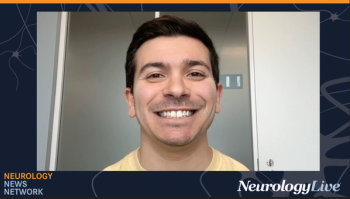
Bilingualism Postpones Dementia and Alzheimer
A new study bolsters evidence that bilingualism contributes to cognitive reserve, postpones symptoms of dementia, and delays diagnosis of Alzheimer disease.
Parlez vous francais? Sprechen-sie deutsch? How's your Spanish?
Good news coming out of the University of Ghent for bilingual people: researchers there found evidence to support findings that
Woumans and colleagues1 evaluated 69 monolingual patients and 65 bilingual patients with probable Alzheimer disease (AD) who came to 2 university hospitals in Belgium between March 2013 and May 2014. These researchers determined the age at which AD manifested and was diagnosed in patients in both language groups.
The result? AD manifested itself significantly later in bilinguals -- by 4.6 years. And diagnosis came 4.8 years later than in monolingual patients. In monolinguals, the average ages of AD manifestation and diagnosis were 71.5 and 72.5 years, respectively: in comparison, the average ages in bilinguals were 76.1 and 77.3 years.
When processing a given language, write the authors,"other known, irrelevant languages always get active to a certain degree, and influence processing of the relevant language. This constant competition requires considerable cognitive control specifically imposed on bilinguals." They continue, "Consequently, there are now strong claims that bilinguals show better executive functions and even increased brain plasticity. It is this enhanced executive functioning and plasticity that is assumed to lead to more cognitive reserve in older bilingual adults."
Qui veut des cours de français?
References:
1.Woumans E, Santens P, Sieben A, et al. Bilingualism delays clinical manifestation of Alzheimer’s disease. Bilingualism: Language and Cognition. December 2014.
Newsletter
Keep your finger on the pulse of neurology—subscribe to NeurologyLive for expert interviews, new data, and breakthrough treatment updates.










